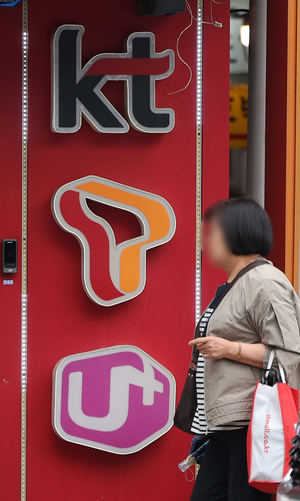China-based Ant Group has reportedly unveiled a new, AI-powered health app for smartphones.
As CNBC reported Thursday (June 26), the app was made using artificial intelligence (AI) technology that Ant said could be introduced overseas, marking the latest example of how Chinese AI is being used for consumer applications.
According to the report, Ant — which operates the popular Alipay mobile payments app — has centered much of its AI development efforts on healthcare based on large language models from companies like DeepSeek and Alibaba.
The report noted a “telling” sign of Ant’s global aspirations: the app has an English name: AQ. That stands for “answer your question,” Zhang Junjie, general manager of healthcare business at Alipay, told CNBC.
He said users can consult AI avatars of actual medical specialists before getting access for a diagnostic appointment or hospital care for more serious situations. The app can connect with more than 5,000 hospitals and nearly 1 million doctors in China.
Although Ant’s focus is on mainland China, Zhang said the app or the tech behind it could be licensed to a third party. He added that many foreigners in China have already used a pilot version of the product, with Ant planning to introduce versions of the app in other languages.
In other news from the world of AI-powered healthcare, PYMNTS recently explored the promise the technology could offer in clinical research via the use of digital twins.
“Drug development has traditionally been an industry defined by high costs, slow timelines and steep failure rates,” that report said. “Today, that reality is changing. With an explosion of interest in generative AI and computational medicine, digital twins are no longer theoretical.”
It’s a tool being used more and more by pharmaceutical sponsors to streamline trials, especially in high-need areas like neuroscience, because of their potential to shorten trial durations, lower the reliance on placebo groups and bring life-saving drugs to market faster.
“We’re not just tweaking the system,” Jon Walsh, founder and chief scientific officer at Unlearn, said during a discussion hosted by PYMNTS CEO Karen Webster. “We’re re-architecting it.”
Digital twin technology, Walsh said, can help provide a more level playing field in healthcare.
“Not all doctors have access to all of the tools and not all doctors have the same capabilities,” Webster noted during the conversation.
“This is as much a technical problem as it is a social one,” Walsh said. “Better infrastructure, better use of medical records, better education for doctors. It’s very dangerous to build tools that doctors can’t understand and can’t trust.”


